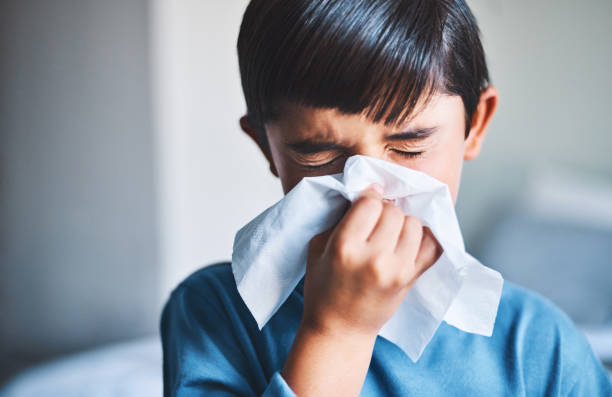A Guide To Understanding And Preventing The Flu In Children | |
|
Children, particularly those who are less than five years of age, are at a higher likelihood of contracting the virus. The flu is a viral illness that can affect the throat, nose as well as the lungs. The flu is contagious, it is easily transmitted between people by sniffing or coughing.
As guardians, parents, or other caregivers, it's essential to know the symptoms of the flu in children, and ways to stop it from spreading. This blog will discuss the warning signs and symptoms of influenza, the best ways you can shield your child from getting the flu and methods to prevent spread. The symptoms of children Flu VirusIt's sometimes difficult to tell when your child may be suffering from an illness such as a cold. The symptoms are similar. It is possible for flu-related symptoms to appear at any time. If you prefer to learn further information about flu, you've to sneak a peek at preventchildhoodinfluenza website. Extreme fever (above 100.4degF) The body or muscle aches Dry Cough Sore throat Congestion or a runny nose Headache Fatigue Itching or Diarrhea (more common for kids than in adults) It is important to call your pediatric doctor immediately you experience any signs. The importance of vaccination for your childInoculating your child for the flu is the best way of preventing the flu from spread. It is recommended that the Centers for Disease Control and Prevention (CDC) recommends all children aged 6 months or older should be given an annual flu shot. The flu vaccine contains weakened or inactive viruses which trigger the body's immune system produce antibodies that fight the influenza. The vaccination of your child not only safeguards them, but it also assists to stop spreading the virus to other people. Inhibiting the spread of influenzaYou can also take other actions to reduce the spread of flu, apart from vaccinating your children. This includes: Encourage good hygiene: Teach them to regularly cleanse their hands with the use of soap, warm water and following any time they've coughed, had a sneeze, or even blown out their nose. When coughing or sniffling put a mask over the mouth and nose of your child using a tissue and throw it away immediately. Keep your child the house when they're sick If your child is suffering from flu-like symptoms, keep them at home until recovering. This will prevent them from spreading the virus to other children. the flu virus virus. Surfaces that need to be cleaned and disinfected Surfaces: Flu viruses can live on surfaces for up to 24 hours. It is essential to clean and disinfect frequently utilized surfaces such as doors, toys and counters. Stay away from close contact with sick persons Your child should avoid close contact with people with illness, specifically those who are displaying influenza-like symptoms. ConclusionAs guardians, parents, or caregivers, it is our responsibility to ensure that children are protected from illness. Understanding the signs of flu, vaccinating your child as well as taking steps to keep the virus from spreading are crucial steps in ensuring your child's safety from suffering the effects of the virus. Through these precautions together, we will all contribute in the direction of preventing the spread the virus in our communities. | |
 |
